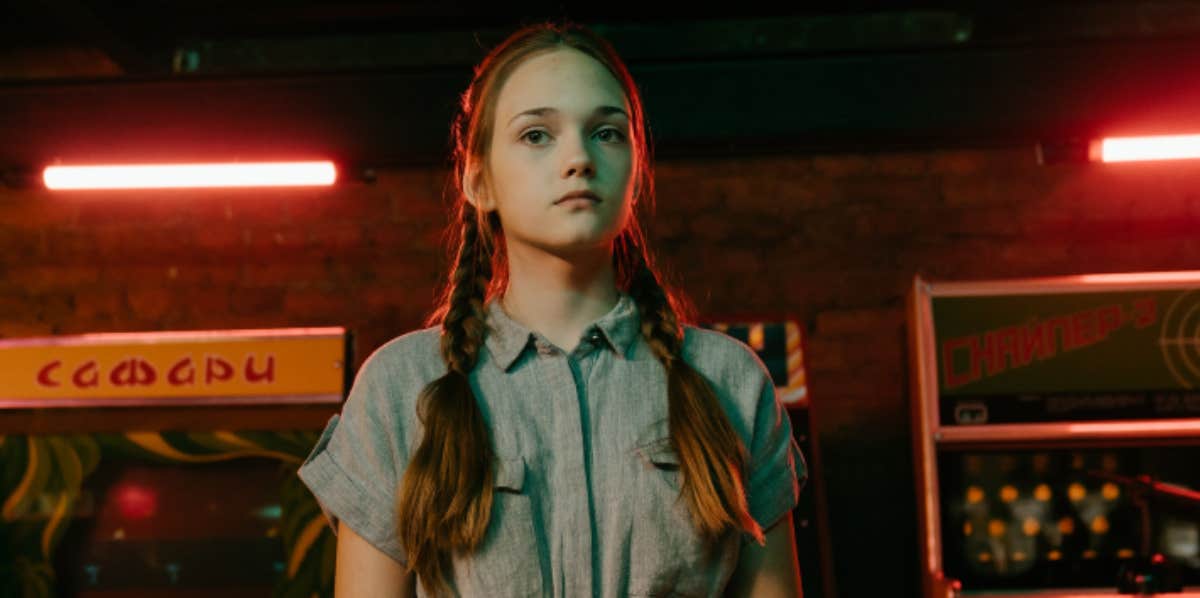A Teen Sued Her Parents Over Embarrassing Facebook Photos
Who owns the right to a kid's image?
 cottonbro studio / Pexels
cottonbro studio / Pexels A story of one teenager’s legal conflict with her family made headlines in Austria in 2016 when she sued her parents over embarrassing Facebook photos.
The teen sued her parents for posting almost 500 photos of her on Facebook without her consent.
She claimed that her parents documented her entire childhood on social media without her explicit permission. When they refused to delete the photos, she took them to court.
"They knew no shame and no limit— and didn’t care whether it was a picture of me sitting on the toilet or lying naked in my cot— every stage was photographed and then made public,” the teen explained.
While the 18-year-old believed her parents shared Facebook photos of her against her will, her father believed he had the right to make her image public, as he was the one who took the pictures. Yet the young woman had her own personal boundaries tested by her caregivers and took action when they refused to honor her request for privacy.
"I'm tired of not being taken seriously by my parents," the young woman exclaimed. A protracted legal battle is challenging for all parties involved, yet it appears like suing her parents was this woman's sole recourse. The situation brings up complex and difficult questions surrounding the ethics of parents posting photos of their children online.
For a generation of kids being raised on social media, the issue has extreme consequences. The reality is, young children can’t give informed consent as to whether or not they want to share their image with the larger world.
While parents might think that posting photos of their kids is their right, what happens if those kids grow up to not want a public presence?
An article in an Austrian paper explained that “Austrian privacy laws when it comes to social media are not as strict as some other countries.” The article cited French law, which maintains that “anyone convicted of publishing and distributing images of another person without their consent can face up to one year in prison and a fine of up to €45,000,” including parents posting pictures of their kids.
We live in an age in which it’s become entirely normalized to share majorly personal aspects of our lives on social media—we document births, deaths, anniversaries, and breakups. It will be interesting in the coming years, as perennially-online kids come of age, to see how they truly feel about their personal lives being made public.
Not everyone wants to live a public life; kids whose parents don't take that into account are essentially harming them, and not holding space for them to foster their own presence in the larger world, whether that's on social media or not.
The fact that the teen’s parents couldn’t hear or accept her request for privacy carries multi-layered, complex implications. Her claim that her parents didn’t take her seriously was indicative of a larger issue at play– that her emotional needs weren’t being met by the people who were supposed to take care of her and protect her from harm.
Alexandra Blogier is a writer on YourTango's news and entertainment team. She covers parenting issues, pop culture analysis and all things to do with the entertainment industry.
